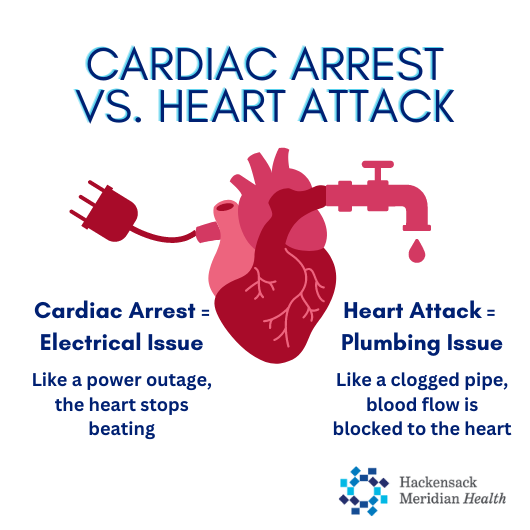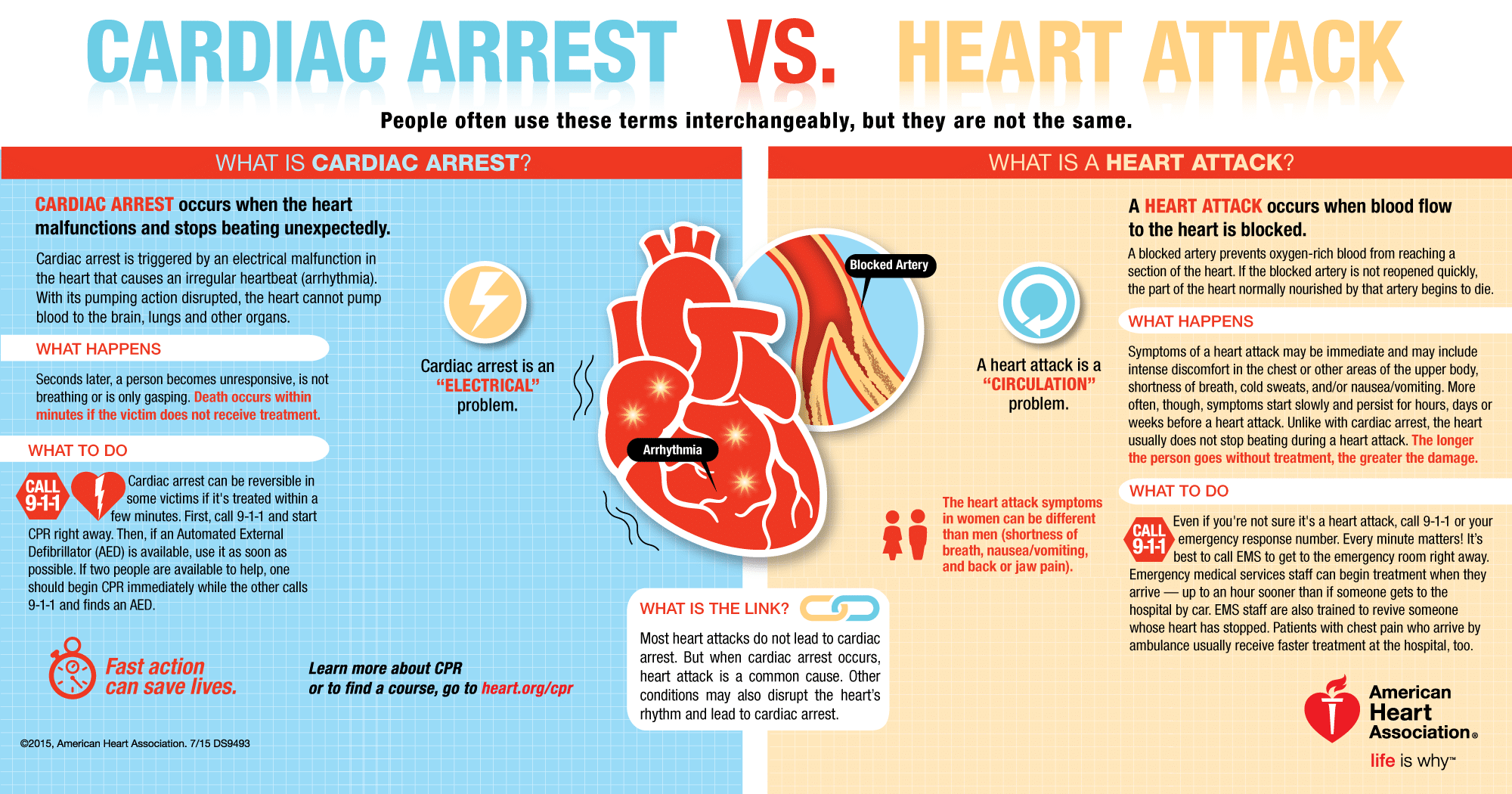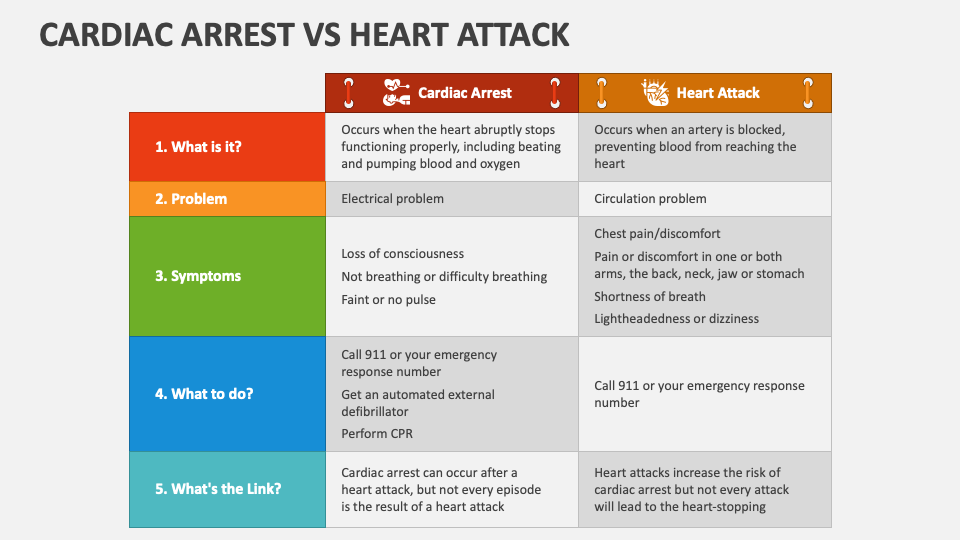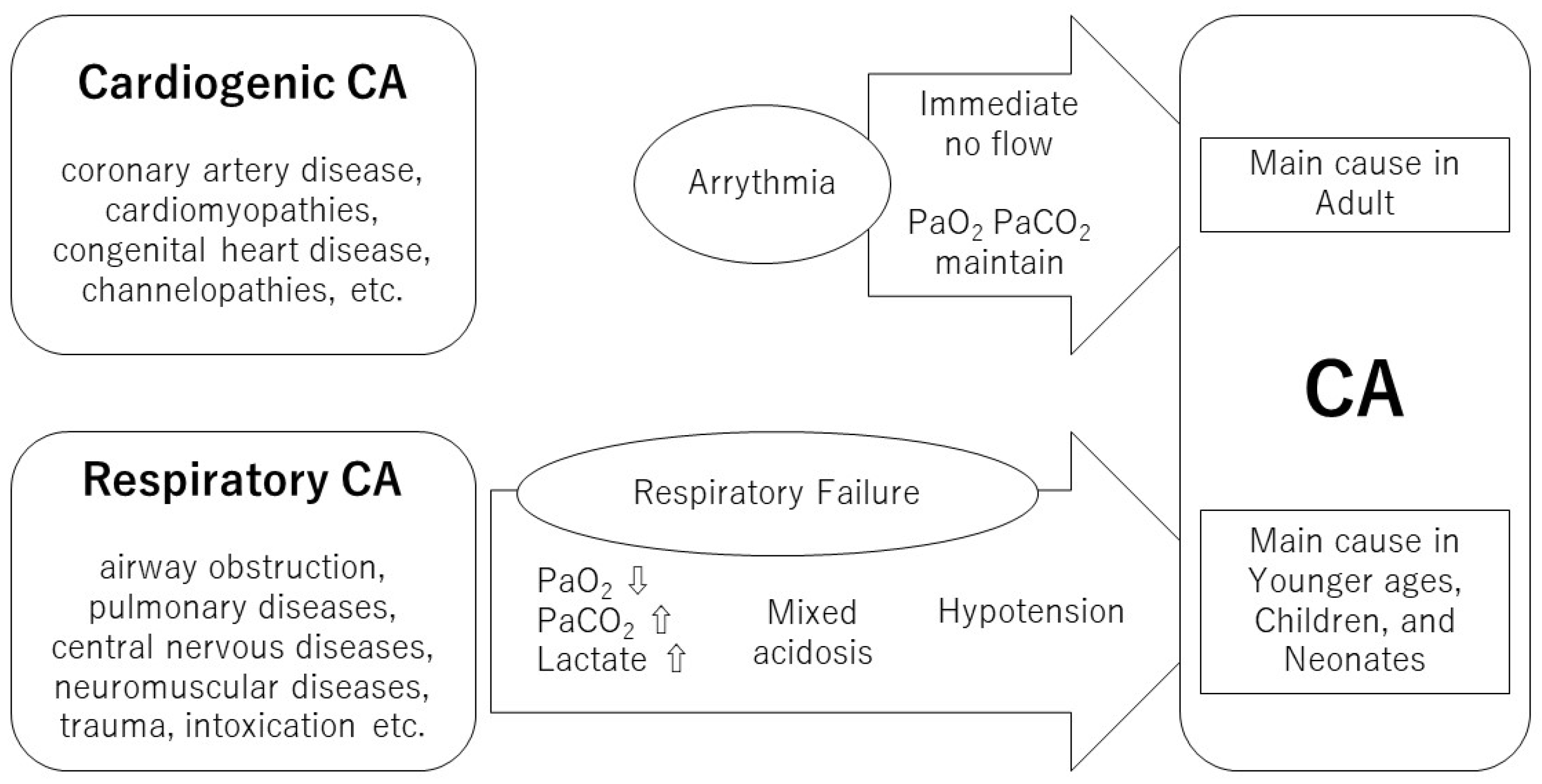Respiratory Arrest Vs Cardiac Arrest - Cardiac arrest is when the heart does not. Cardiopulmonary arrest is the cessation of adequate heart function and respiration and results in death without. Respiratory arrest occurs when breathing stops, while cardiac arrest is when the heart ceases to function properly. The key difference between a respiratory arrest and a cardiac arrest is the presence of a pulse.
Respiratory arrest occurs when breathing stops, while cardiac arrest is when the heart ceases to function properly. The key difference between a respiratory arrest and a cardiac arrest is the presence of a pulse. Cardiopulmonary arrest is the cessation of adequate heart function and respiration and results in death without. Cardiac arrest is when the heart does not.
Cardiopulmonary arrest is the cessation of adequate heart function and respiration and results in death without. The key difference between a respiratory arrest and a cardiac arrest is the presence of a pulse. Respiratory arrest occurs when breathing stops, while cardiac arrest is when the heart ceases to function properly. Cardiac arrest is when the heart does not.
Cardiac Arrest vs. Heart Attack What to Know
Respiratory arrest occurs when breathing stops, while cardiac arrest is when the heart ceases to function properly. The key difference between a respiratory arrest and a cardiac arrest is the presence of a pulse. Cardiac arrest is when the heart does not. Cardiopulmonary arrest is the cessation of adequate heart function and respiration and results in death without.
How to Start an AED Defibrillator Program AED Brands
Cardiac arrest is when the heart does not. Respiratory arrest occurs when breathing stops, while cardiac arrest is when the heart ceases to function properly. Cardiopulmonary arrest is the cessation of adequate heart function and respiration and results in death without. The key difference between a respiratory arrest and a cardiac arrest is the presence of a pulse.
Heart Attacks vs Cardiac Arrest vs Respiratory Arrest Adult First Aid
Cardiopulmonary arrest is the cessation of adequate heart function and respiration and results in death without. The key difference between a respiratory arrest and a cardiac arrest is the presence of a pulse. Cardiac arrest is when the heart does not. Respiratory arrest occurs when breathing stops, while cardiac arrest is when the heart ceases to function properly.
Cardiac Arrest
Respiratory arrest occurs when breathing stops, while cardiac arrest is when the heart ceases to function properly. Cardiopulmonary arrest is the cessation of adequate heart function and respiration and results in death without. Cardiac arrest is when the heart does not. The key difference between a respiratory arrest and a cardiac arrest is the presence of a pulse.
How to identify a Cardiac Arrest Save a Life for Scotland
Cardiac arrest is when the heart does not. The key difference between a respiratory arrest and a cardiac arrest is the presence of a pulse. Cardiopulmonary arrest is the cessation of adequate heart function and respiration and results in death without. Respiratory arrest occurs when breathing stops, while cardiac arrest is when the heart ceases to function properly.
Respiratory Arrest Versus Cardiac Arrest (PALS) ppt download
Cardiopulmonary arrest is the cessation of adequate heart function and respiration and results in death without. Cardiac arrest is when the heart does not. Respiratory arrest occurs when breathing stops, while cardiac arrest is when the heart ceases to function properly. The key difference between a respiratory arrest and a cardiac arrest is the presence of a pulse.
Respiratory Arrest vs Cardiac Arrest in Kids Cardiac and Respiratory
Cardiopulmonary arrest is the cessation of adequate heart function and respiration and results in death without. Respiratory arrest occurs when breathing stops, while cardiac arrest is when the heart ceases to function properly. The key difference between a respiratory arrest and a cardiac arrest is the presence of a pulse. Cardiac arrest is when the heart does not.
Respiratory Arrest vs Cardiac Arrest Key Differences Explained
The key difference between a respiratory arrest and a cardiac arrest is the presence of a pulse. Cardiopulmonary arrest is the cessation of adequate heart function and respiration and results in death without. Cardiac arrest is when the heart does not. Respiratory arrest occurs when breathing stops, while cardiac arrest is when the heart ceases to function properly.
Cardiac Arrest Vs Heart Attack PowerPoint and Google Slides Template
Cardiopulmonary arrest is the cessation of adequate heart function and respiration and results in death without. Cardiac arrest is when the heart does not. Respiratory arrest occurs when breathing stops, while cardiac arrest is when the heart ceases to function properly. The key difference between a respiratory arrest and a cardiac arrest is the presence of a pulse.
Differences in Cerebral Oxygenation in Cardiogenic and Respiratory
Cardiac arrest is when the heart does not. Cardiopulmonary arrest is the cessation of adequate heart function and respiration and results in death without. Respiratory arrest occurs when breathing stops, while cardiac arrest is when the heart ceases to function properly. The key difference between a respiratory arrest and a cardiac arrest is the presence of a pulse.
Cardiac Arrest Is When The Heart Does Not.
Cardiopulmonary arrest is the cessation of adequate heart function and respiration and results in death without. Respiratory arrest occurs when breathing stops, while cardiac arrest is when the heart ceases to function properly. The key difference between a respiratory arrest and a cardiac arrest is the presence of a pulse.





.jpg)



